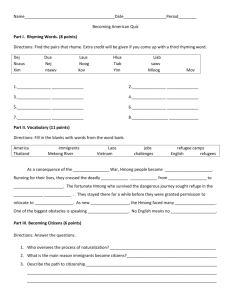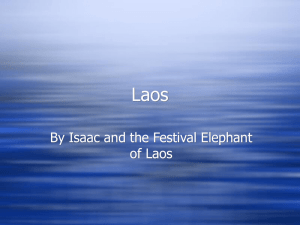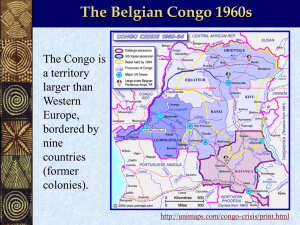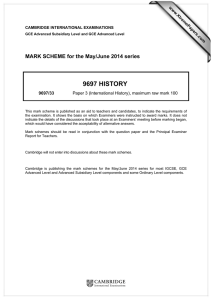Document 11245855
advertisement
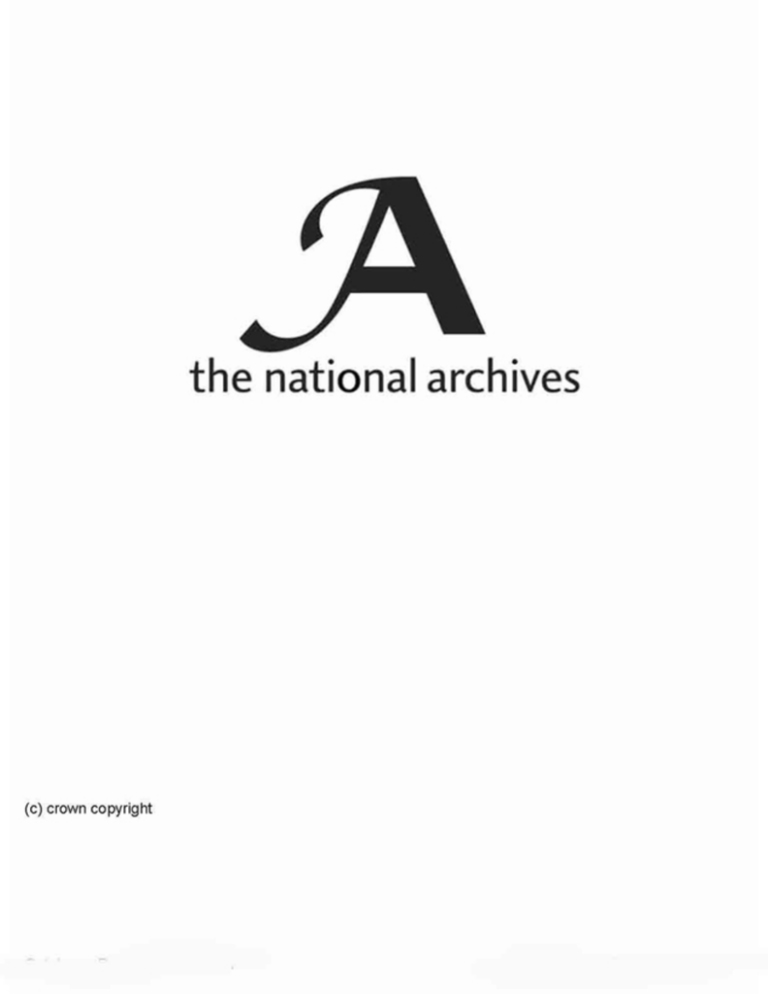
A2 South-East Asia Treaty Organisation Laos (Previous Reference: C.C. (62) 2nd Conclusions, M i n u t e 4) 1. The Foreign Secretary said that, despite the pressures exercised by the United States Government, General Phoumi was still unwilling to accept the proposals for a national government of Laos which had been formulated by Prince Souvanna P h o u m a . The three Princes had therefore been summoned to Geneva. If agreement could not be reached there, an attempt might be m a d e to persuade the King of Laos to exert further pressure on General Phoumi. It must, however, be recognised that, if the formation of a national government were delayed much longer, there was a grave risk that fighting would be resumed in Laos. In that event the question would again arise of armed intervention under the auspices of the South-East Asia Treaty Organisation. The Prime Minister recalled that at an earlier stage we had reluctantly accepted a limited commitment to support such an intervention. W e must now hold ourselves free to consider that afresh in the light of the new circumstances. T h e Cabinet— Invited the Foreign Secretary to submit a m e m o r a n d u m on the likely course of developments in Laos if the current efforts to form a national government were unsuccessful. Congo Republic (Previous Reference: C.C. (62) 2nd Conclusions, M i n u t e 3) 2. The Foreign Secretary said that there had been some improvement in the situation in the Congo. The central Government had strengthened their position by enforcing Mr. Gizenga's return to Leopoldville, without active assistance from United Nations troops. They had also concluded an agreement for the exchange of prisoners with Katanga. There now seemed to be some hope of progress towards conciliation, if the Prime Minister of Katanga could continue to honour the agreement which he had concluded at Kitona and if the United Nations authorities refrained from pressing too vigorously the policy of hunting down the mercenaries in Katanga. The Lord Privy Seal said that the acting Secretary-General of the United Nations had assured him, during his recent visit to New York, that his aim in the Congo was to promote conciliation between the central Government and Katanga and to work towards the withdrawal of United Nations forces. There was in fact a greater need in the Congo for reinforcements of police, rather than of troops; and the possibility of borrowing police from Nigeria was now under consideration. T h e Cabinet— Took note of these statements. Indonesia (Previous Reference: C.C. (62) 2nd Conclusions, Minute2) 3. The Foreign Secretary said that on the previous day Dutch warships h a d intercepted a number of Indonesian motor torpedo boats which were in Dutch waters and appeared to be making for the coast of West Irian. They had opened fire on these vessels, and at least one had been sunk. This might be the prelude to hostilities against West Irian; and it was against this background that the Cabinet must now consider the continued supply of arms to Indonesia. The Minister without Portfolio said that the Committee on Strategic Exports had reviewed this question in pursuance of the Cabinefs decision of 3rd January. In the light of that review he recommended that for the time being no fresh licences should be granted for the export of arms to Indonesia. Where licences had
